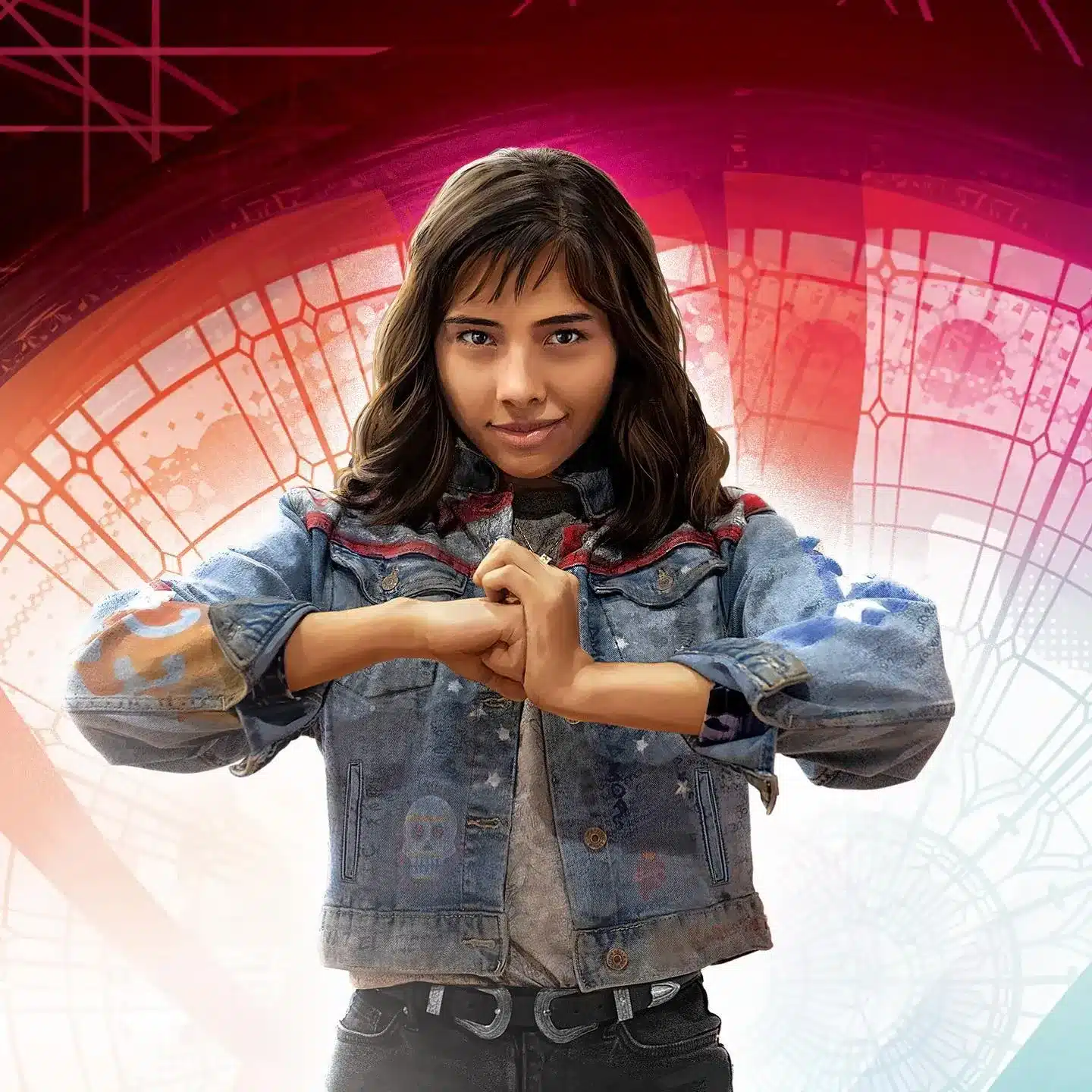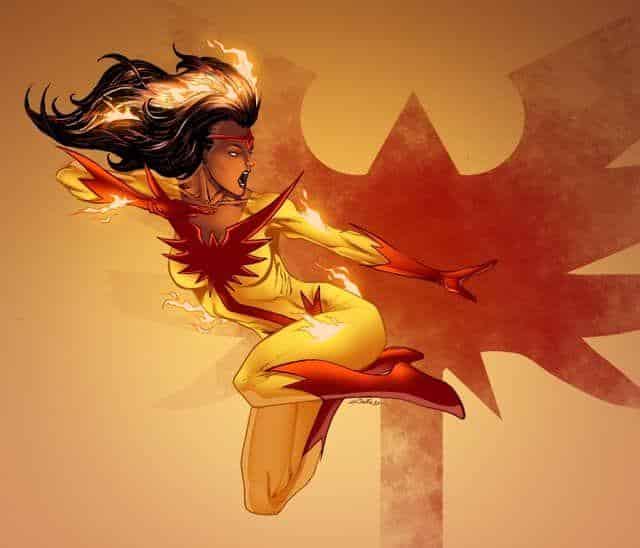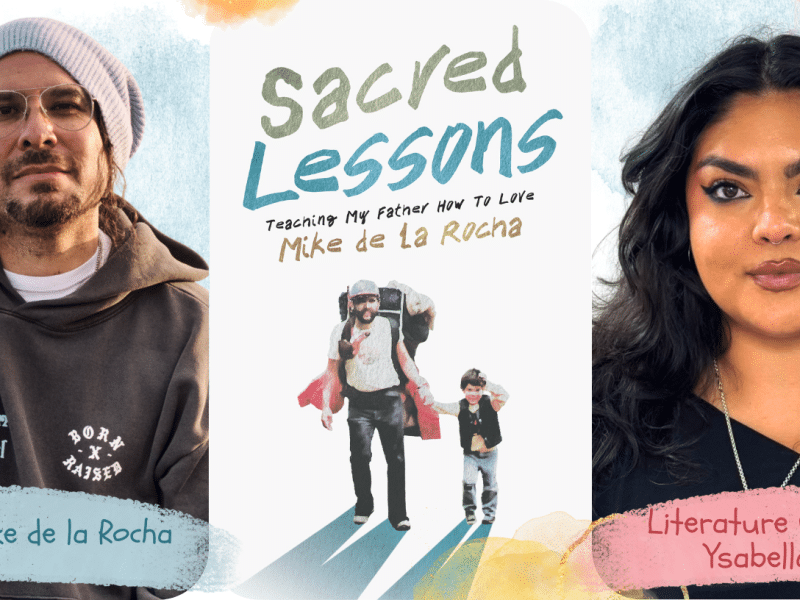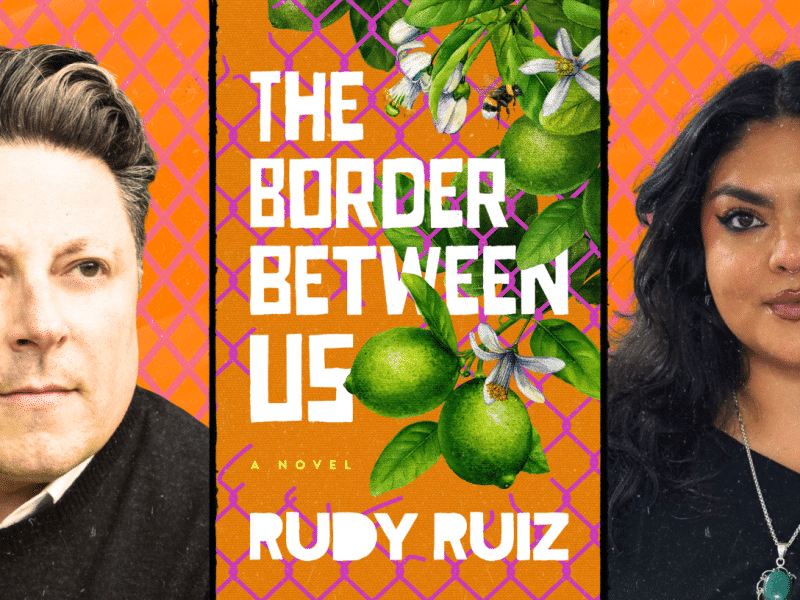5 Latina Superheroes You Need To Know About
Superheroes have the power to inspire, and their inspiration is most potent when it’s relatable. That’s why the call for increased diversity in the genre has never been more resounding.

As we delve into the world of superhero mythology, we are transported to places where extraordinary individuals defy the odds and redefine what is possible. Yet, for all the magic and might these narratives boast, their greatest power lies in their ability to mirror our own lives, hopes, and struggles, enriching our sense of self and helping us imagine who we could be.
Superheroes have the power to inspire, and their inspiration is most potent when it’s relatable. That’s why the call for increased diversity in the genre has never been more resounding.
For a long time, the superhero genre was dominated by predominantly white characters, which, while iconic, presented a skewed perception of the world. Latinos represent an essential part of the cultural fabric of our world, boasting a rich history and vibrant traditions. Yet, they have been underrepresented in the superhero genre, something that has started to shift.
This growing diversity within the superhero genre is not just about ticking boxes, it’s about showing the millions of Latine children, teens, and adults that they, too, can be heroes.
Representation matters. It’s a way for us to see ourselves in stories, validate our experiences, and dream bigger. For Latina girls, seeing superheroes who look like them, talk like them, and share similar experiences can be incredibly empowering. It makes their dreams feel attainable, it fosters a sense of self-worth, and it helps them feel seen and recognized in the broader cultural narrative.
So, without further ado, here are five Latina superheroes who are not just characters on a page or a screen; they are icons that symbolize the heroic potential that lives within us all.
Miss America aka America Chavez

Who else was super excited when “Multiverse of Madness” came out? We love Dr. Strange and Wanda, but what had us jumping up the walls was Miss America’s MCU debut. Not only did we now have a big Latina character up on the screen, but we also saw her in one of the most anticipated MCU movies at the time. Xochitl Gomez did this character justice with her action-packed moves and emotional depth to convey her story of loss and struggle.
Marvel’s lesbian Latina superhero first appeared in 2011 in a limited series titled “Vengeance.” Born in a Utopian Parallel outside of time and reality, Chavez was raised by two superpowered mothers. By absorbing the energy of being called the Demiurge, Chavez demonstrates the ability to travel to different dimensions, time travel, fly, and increase super speed and strength.
After her mothers were killed protecting Utopia from destruction, America ran away from home and traveled to earth, where she was adopted by a Puerto Rican family in the Bronx. We hope Miss America is permanent in the MCU so her story can continue to evolve.
Jalisco
A crime-fighting folklorico dancer on a mission to save her mom from the violent femicide happening in Mexico? Sign is up! Written by film director and writer Kayden Phoenix, Jalisco is a graphic novel that focuses on the story of a girl who is taken under the wings of a band of Adelitas that teaches her how to fight against Malinche, the fictional character behind the femicide. Jalisco is part of the Latinas superhero universe created by Phoenix that centers female injustices and social causes.
La Borinqueña
WEPA! Marisol Rios De La Luz is a Columbia University undergrad student majoring in Earth and Environmental sciences. While she takes a semester abroad at the University of Puerto Rico, she explores the caves of Puerto Rico and finds five crystals which untimely give Marisol her powers — strength, the power of flying, and control of the storms. La Borinqueña is also voiced by Rosario Dawson in various promotional announcements and has teamed up with Wonder Woman, Superman, Batman, and other characters in her graphic novel series.
Firebird

Known as one of the most notable of the Latina superheroes, Bonita Juarez is a social worker and a devoted Catholic. While walking in the deserts of Albuquerque, New Mexico, she came into contact with a radioactive meteorite. Juarez came out unharmed, but the radiation altered her DNA and gave Juarez the ability to fly, along with the power to generate heat and flames. Believing her powers came from God, she decided to name herself Firebird and use her powers to protect the people in the Southwest.
Spider-Girl aka Anya Sofía Corazon

We know that with great power comes great responsibility. 17-year-old Anya is a gymnast from Brooklyn, New York City. She was brought to the United States from Mexico by her father after her mother was killed. On Anya’s first day of school, she was caught in a fight between two mystical clans called The Spider Society and the Sisterhood of the Wasp, and was left fatally wounded. A sorcerer from The Spider Society transferred some of his powers to Anya to save her life. From there she received a spider-shaped tattoo that gave her enhanced strength, agility, and the ability to grow a blue exoskeleton that covers her skin. We hope to see Anya make her debut in the Spider-Verse flims!



